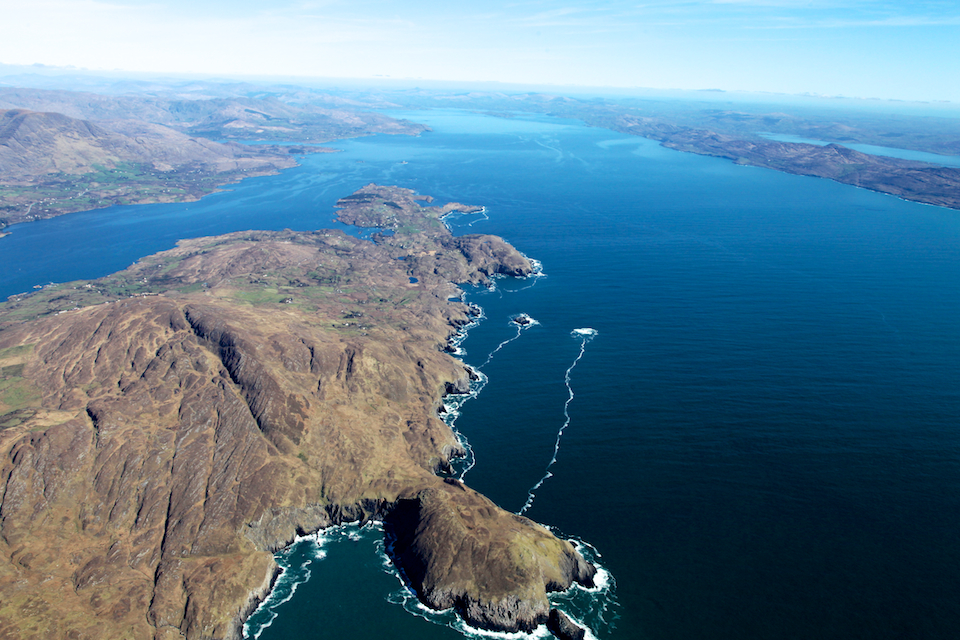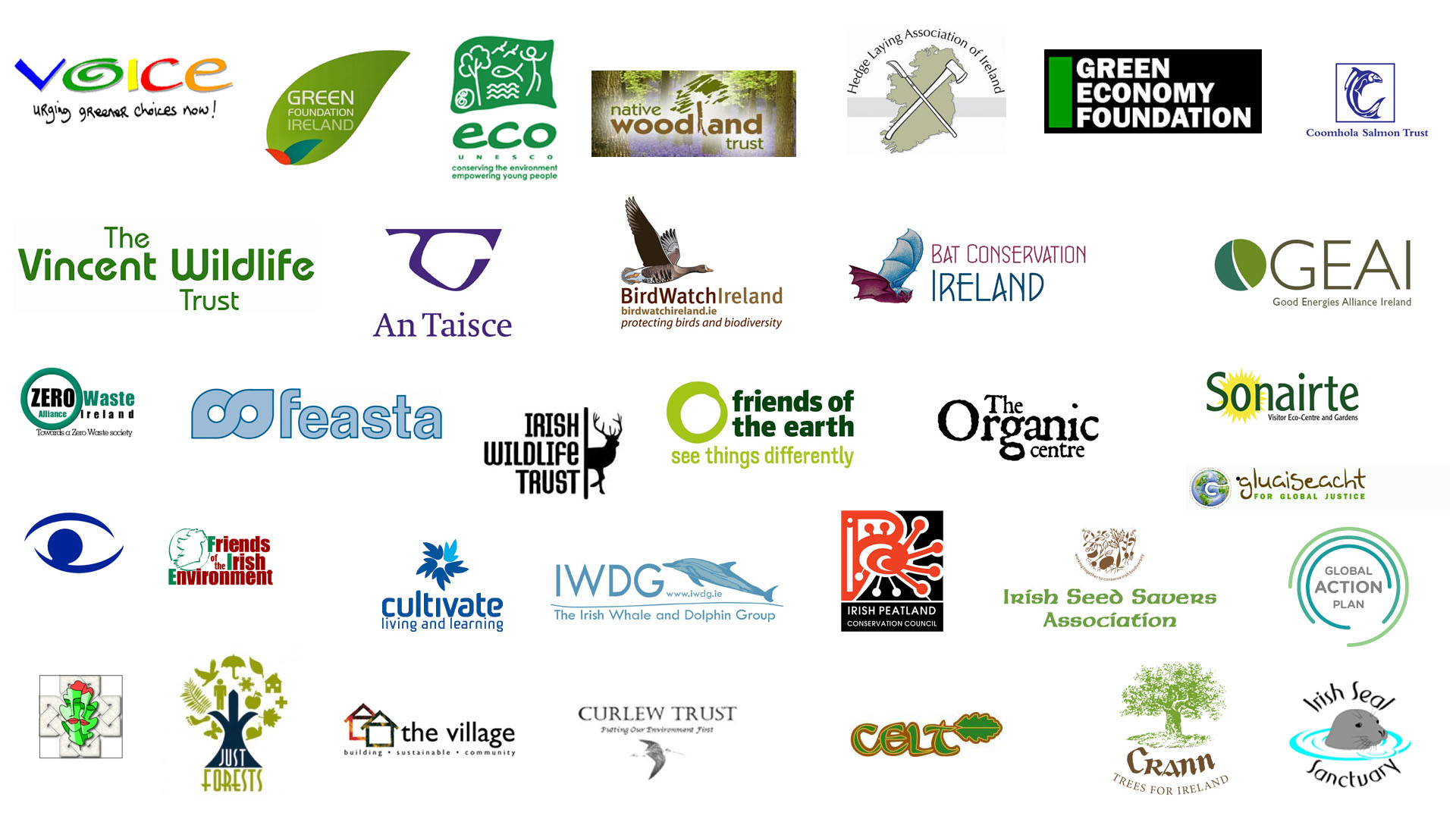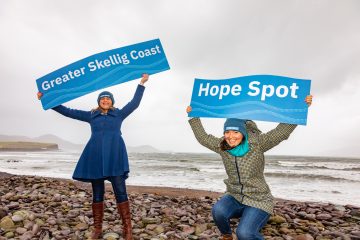National Biodiversity Week: The importance of biodiversity education

April 20th, 2018
National Biodiversity Week is coming up next month so let’s talk about why this week-long program is important to the future success of biodiversity.
The week is all about encouraging people to get outdoors, connect with nature, and celebrate the extraordinary variety of flora, fauna, and habitats on our doorsteps.
Through over 50 free, hands-on, educational events, people can directly connect with biodiversity they see every day.
But what is biodiversity and why is it important?
Biodiversity is the basis of human existence, our life support system.
Ecosystems regulate climatic processes, break down wastes and recycle nutrients, filter and purify water, buffer against flooding, maintain soil fertility, purify air, and provide natural resources such as wood, textiles, and of course food.
All agriculture depends fundamentally on biodiversity, as do marine and freshwater food resources.
Biodiversity is currently being lost at an unprecedented rate globally. The decline has been more rapid in the past 50 years than ever before in human history and human activity is leading to increased extinction rates.
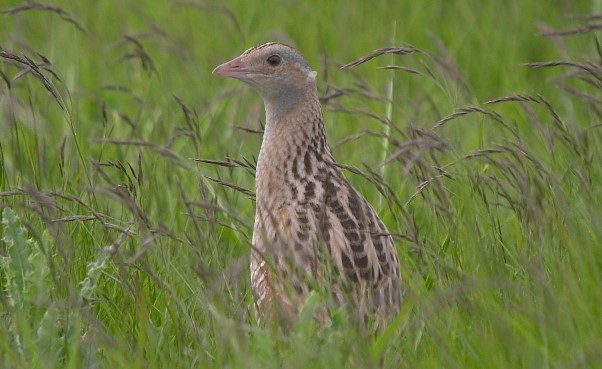
Corncrake Crex crex, Ballaugh Curragh, Isle of Man Photo: Isle of Man Government
Biodiversity loss is caused mainly by habitat destruction, invasive alien species, land use change, unsustainable and excessive consumption, pollution, and climate change.
The best way to combat that loss is through knowledge and action.
Education is a complex idea. Most people relate it to what children and young adults learn in primary, secondary, and higher education institutions.
However, not all educational programs are based in schools.
A person learns through experience. They learn from mistakes, from others, from school, and from basically anything that they interact with throughout their lives.
Because of the way people learn and become knowledgeable, it is important to remember that fact-based education isn’t the only way to get people involved with biodiversity issues.
Interestingly, when facts are used as accessories rather than the main focus, people are more willing to learn and talk about science-based issues.
Museums, for example, are one of the leading outlets in developing education for science-based subjects.
They provide hands-on experiences for people to learn through rather than just providing facts about the science.
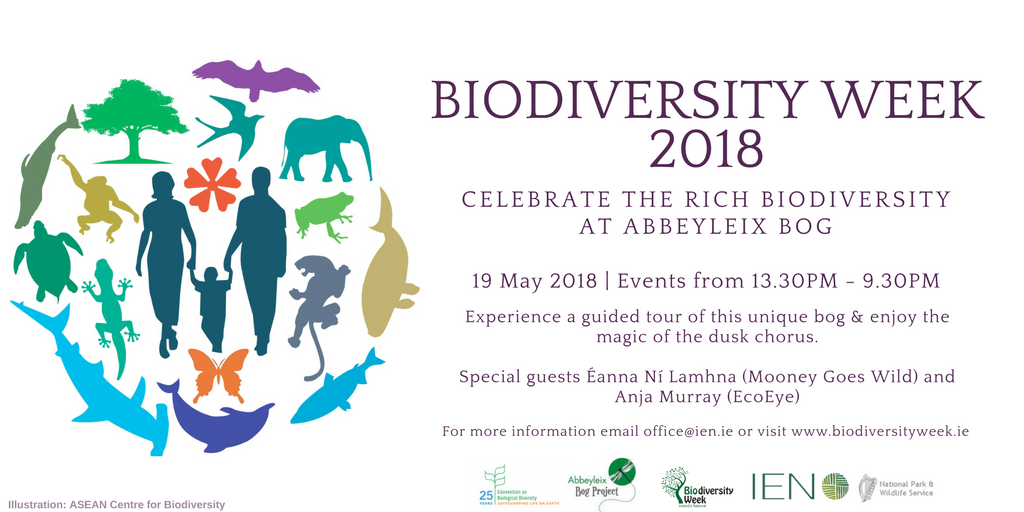
Take, for example, the Orchid Educational Pavilion, a new zero-energy, sustainable ecosystem developed in Oaxaca, Mexico.
The Pavilion’s main purpose is to support conditions for growing diverse species but is also designed as an educational tool for biodiversity and the use of sustainable building materials.
Solar panels and a geothermal system provide the pavilion with the energy needed to run properly.
Now with the pavilion up and running, they hope to interact with the community to teach them about diversity, conduct experiments, and grow diverse species.
It is hands-on educational programs like the Orchid Educational Pavilion and National Biodiversity Week that open people up to learning and caring about conservation.
When people gain more information on certain subjects they are more likely to connect with them and develop values, whether they are positive or negative, on the given subject.
When people begin to connect and value something, that’s when they become willing to make changes.
It because of that that National Biodiversity Week is invaluable. It’s an outlet to allow people to learn about and develop values in relation to biodiversity.
It could be the small push people need to start making a difference at home, or even globally.
You can find out about all the events taking place during National Biodiversity Week 2018 here: http://biodiversityweek.ie/events
By Nina Cerda
 Nina is a volunteer at the Irish Environmental Network involved in organising National Biodiversity Week. She is a final year student in Animal Science, Pre-Veterinarian Medicine & Fisheries, Wildlife, and Conservation Biology at University of Minnesota – Twin Cities. She is passionate about traveling, films, conservation issues & education.
Nina is a volunteer at the Irish Environmental Network involved in organising National Biodiversity Week. She is a final year student in Animal Science, Pre-Veterinarian Medicine & Fisheries, Wildlife, and Conservation Biology at University of Minnesota – Twin Cities. She is passionate about traveling, films, conservation issues & education.
